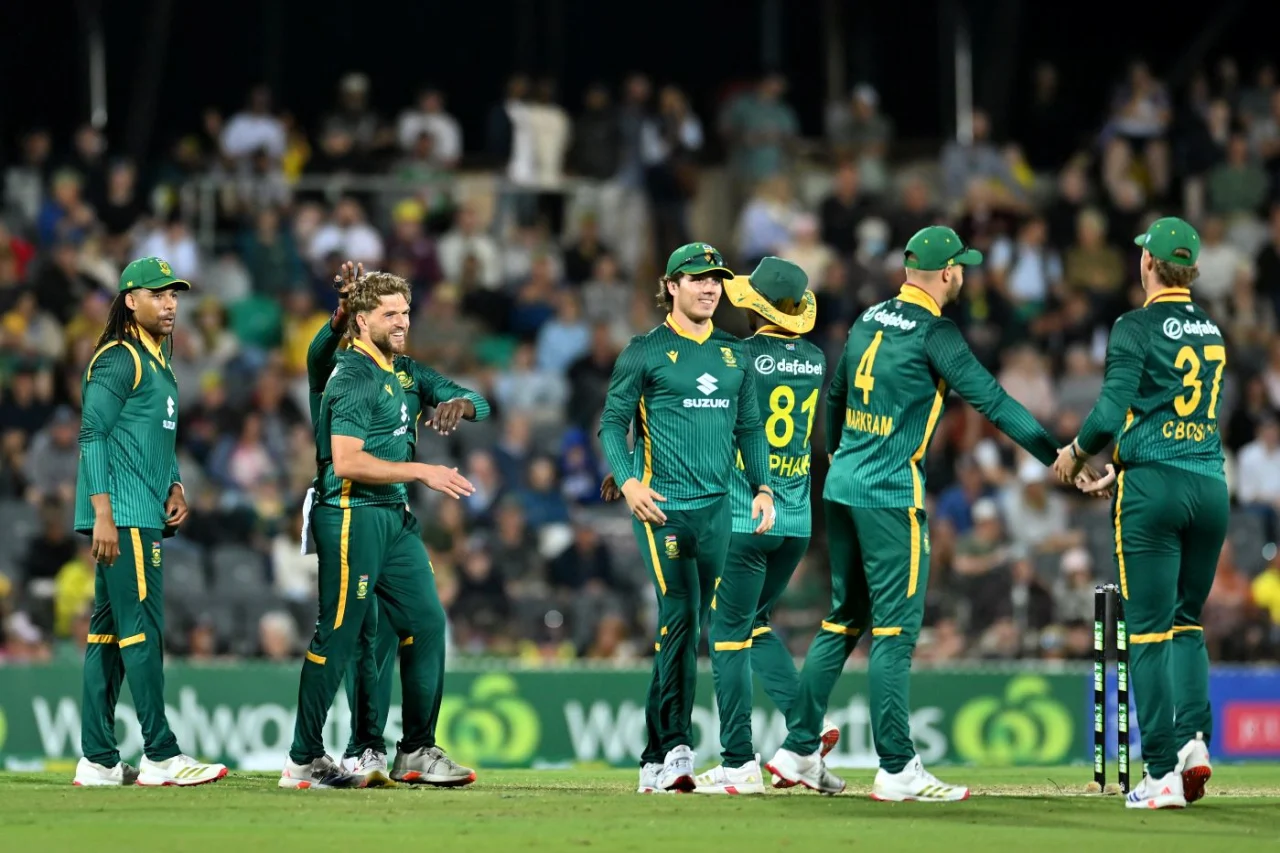South Africa scripted a 2-1 victory over Australia not so long ago but the last game of the series was disastrous for Africa. The South Africa team got belted for 431 runs in 50 overs as Travis Head, Mitchell Marsh, and Cameron Green scored centuries while Alex Carey contributed with a half-century
South Africa still see themselves as a squad in transition even though they defeated Australia in the last game of their fifth consecutive bilateral series, losing by a record margin.
“You’re seeing new faces in the team and that’s all part of us being in that exploration phase,” Bavuma said after the third ODI in Mackay. “We’re getting to understand guys, what roles that they can fulfil within the team and what they bring in from a personality point of view. We have time. There’s two years left and we’re definitely not close to where we want to be as a team.”
Despite only awarding Dewald Brevis and Prenelan Subrayen two new caps in the Australia ODIs, South Africa also tried a new opening batting combination with Aiden Markram and Ryan Rickelton, moved Bavuma to No. 3.
In three games, Markram and Rickelton shared the best score of 92, but their other two scores were 2 and 11, and they are both having trouble playing outside of their comfort zones. It may be concerning that Bavuma participated in two of the three games with a strike rate below 90 and one score above fifty.
Brevis was impressive and exceptional in the ODI series and this is something which the captain accepted himself as well.
“It’s refreshing watching him kind of go about his business. He’s not fazed by anything. What’s also quite refreshing is seeing his reaction when he does go out. For him, it’s all about, he should have hit the ball harder. Maybe the more experienced guys will be thinking, was that a good decision or not? But there’s an exuberance of youth from him,” Bavuma said. “The longer he plays, the more he’ll start getting a little bit more batsmanship in his game, especially in the longer formats. For now, it’s entertaining for not just the fans, but for us within the team as well.”
In their two victories, South Africa had clear match-winners from a bowling standpoint. With a debut ODI five-for and a series economy rate of 4.64, Keshav Maharaj demonstrated his worth in white-ball cricket, while Lungi Ngidi demonstrated his seniority in game two with a deft use of variety. It’s still unclear which of Corbin Bosch and Wiaan Mulder is likely to advance, particularly because they will be vying for a position against Marco Jansen. Nandre Burger demonstrated his abilities, but Kwena Maphaka’s lone game in the series was a baptism of fire.
He acknowledged South Africa were severely lacking in the third game, where the bowlers conceded 431 runs and lacked the problem-solving ability that could have limited the damage.
“From a control point of view, that definitely wasn’t there. When they put us under pressure, we weren’t able to come up with any type of solution. It is a learning curve, not just for the younger guys, but for even the batters. It’s not every day where you get to where you’re chasing 432. So to be able to come up with some type of formula, that’s something that we kind of need to get to terms with.”

